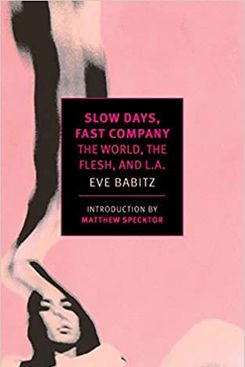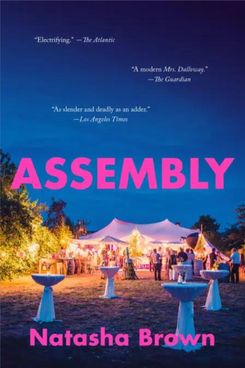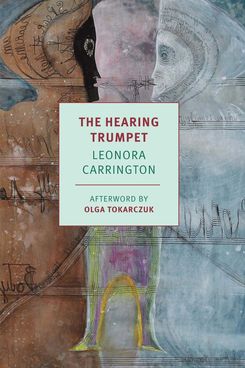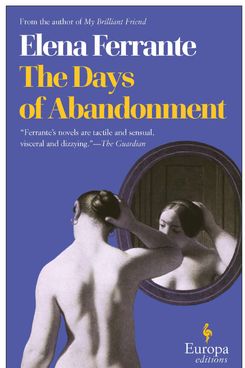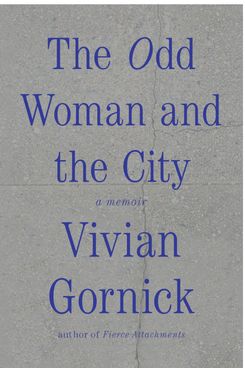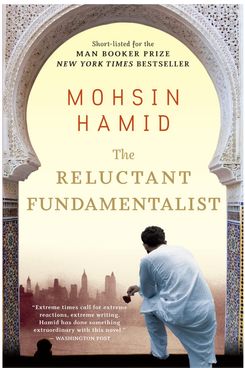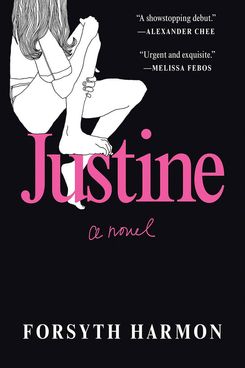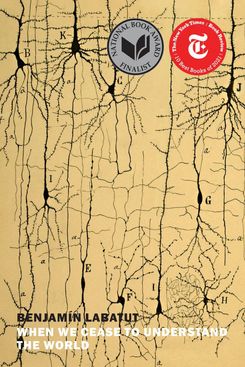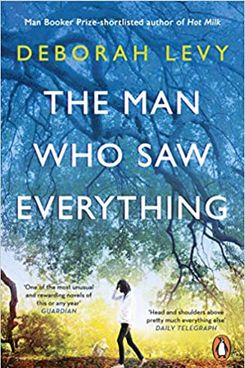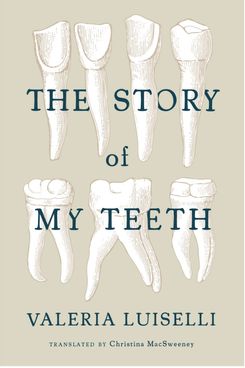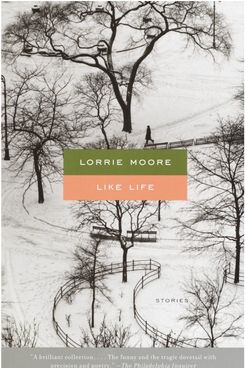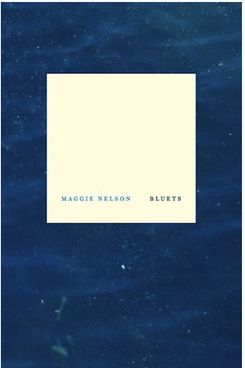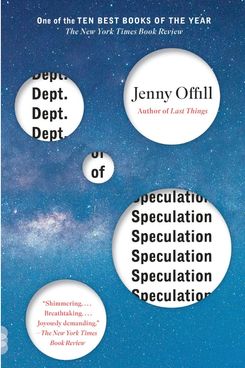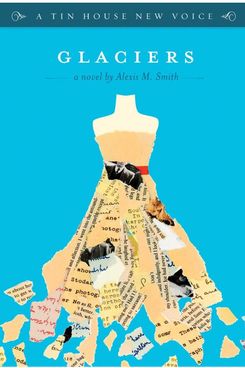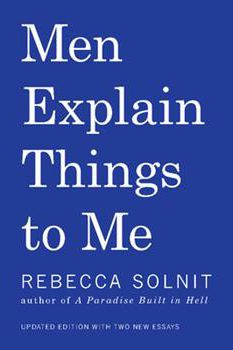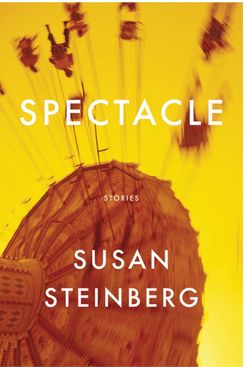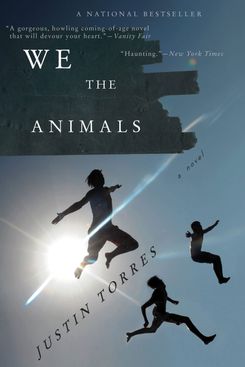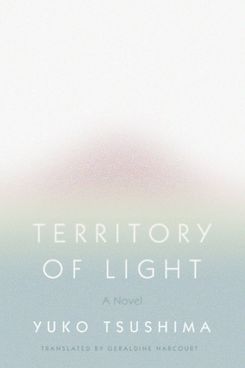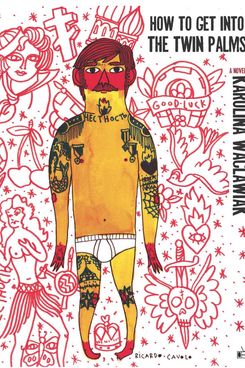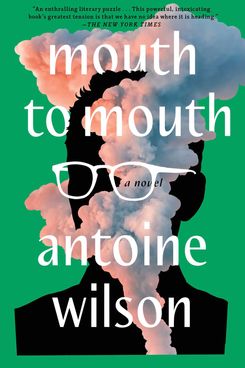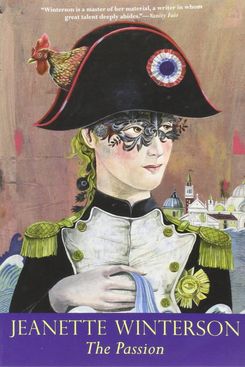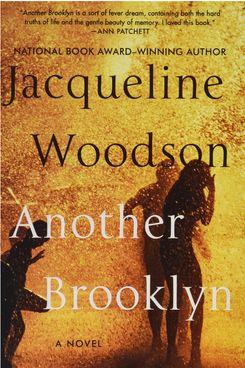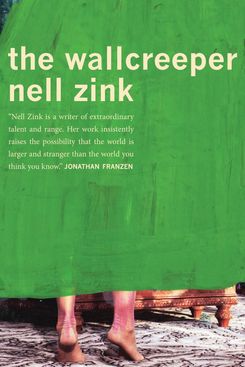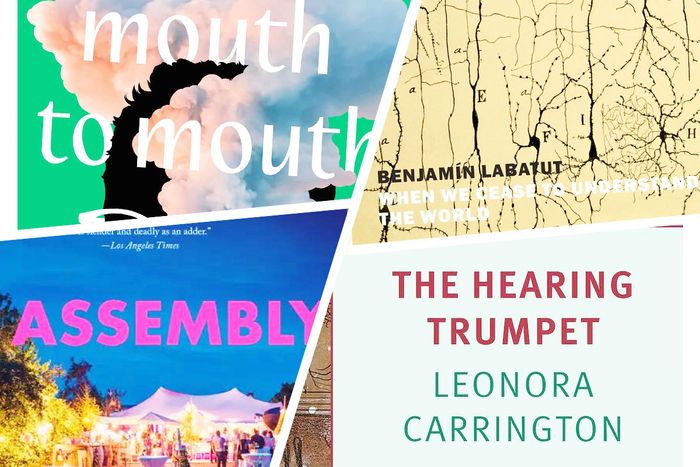
Enjoyable as it is to immerse yourself in an inches-thick work of fiction, having the time ÔÇö and focus ÔÇö to do so is increasingly a luxury. In order to keep you turning pages in between Netflix binges and DVR purges, weÔÇÖve assembled a list of excellent books that will take you less than a day to read, each of them 200 pages or fewer.
This is not ÔÇ£The Best Novellas of All Time,ÔÇØ because lists of that sort are readily accessible, and you probably read many of those books in grade school anyway. Rather, these are some of the most entertaining and mind-opening stories, novellas, essays, and short treatises from the recent past. The works vary by degrees of digestibility ÔÇö some can satisfy your cravings within an hour while others may take a full day to absorb ÔÇö but every one will leave you glad you made the time for it.
Pure throwback fun. Eve Babitz, a contemporary of Joan Didion and Renata Adler, is the ideal guide to Los Angeles in the ÔÇÖ60s and ÔÇÖ70s, a time and a place that are easy to romanticize ÔÇö and these ten irresistible essays donÔÇÖt let us down. Just like many a Hollywood ÔÇ£ItÔÇØ girl, theyÔÇÖre dishy, glamorous, and simultaneously sad and sunny.
A devastating novel about a Black British woman who works in finance and has perhaps turned the other cheek one too many times, Assembly portrays a kind of death thatÔÇÖs brought about by a million microaggressions.
The Hearing Trumpet is a weird and wonderful cult classic that delights in its singular strangeness. Originally published in 1974 and reissued by NYRB in 2021, itÔÇÖs the story of an eccentric elderly heroine who┬áis placed in an old folksÔÇÖ home unlike any you may have encountered, a place brimming with surreal intrigues and adventures that adhere to a twisted logic of its very own.
The literary world has rightfully been consumed by Ferrante fever for more than a decade. If you want a taste of how visceral and wounding the Italian writerÔÇÖs prose can be, start with The Days of Abandonment. The short novel about the wrath of a woman who is left by her husband is a scathing┬áintroduction to FerranteÔÇÖs work and an ideal litmus test to determine if you should move on to her epic Neapolitan novels.
Cultural critic Vivian Gornick writes about New York City like no one else and is deserving of a spot on the list with all the favorites: E.B. White, Patti Smith, Teju Cole. Her second memoir is like taking a brief yet fast-paced walk through the city streets and talking with its weird and wonderful inhabitants.
The 9/11 novel that stuck with me the most, and it remains as relevant as ever today. The Reluctant Fundamentalist follows a Muslim man whoÔÇÖs an avid chaser of the American dream but who, while facing a bombardment of harassment after the attack, spirals toward hatred of the western way of life.
ItÔÇÖs the late 1990s on Long Island, and a teenage girl named Ali gladly takes on the drudgery of working checkout at a grocery store in order to get closer to her obsession. The title character is a co-worker who seems more worldly, more experienced, more charismatic than any of the other people in AliÔÇÖs world. Justine is a lovely coming of age story that comes complete with┬áillustrations that may remind you of┬áart from your favorite zines.
Translated from Spanish by Adrian Nathan West, When We Cease to Understand the World details the personal lives of a handful of 20th-century scientists and mathematicians whose discoveries resulted in unprecedented destruction. ItÔÇÖs a compact yet explosive novel that┬áblurs the thin line between fact and fiction with every page diverging further from whatÔÇÖs been written in history books. When We Cease to Understand the World does nothing short of expanding the scope of what fiction can do.
Something feels just a little off in Deborah LevyÔÇÖs masterful most recent novel ÔÇö the details donÔÇÖt line up, the timeline doesnÔÇÖt quite make sense ÔÇö and thatÔÇÖs entirely the point. As we follow self-involved historian Saul Adler from an art exhibit in New York to a photo shoot on Abbey Road to a stint behind the Berlin Wall┬áin the 1980s, we come to see the various flaws in the way Saul sees the world. He is an excellent addition to the canon of great unreliable narrators in literature.
Mexican essayist and novelist Valeria Luiselli makes me want to be a better reader and thinker. Her debut novel is a simple yet wonderfully bizarre tale of a huckster who auctions off a collection of teeth. Come for the absurdist comedy, stay for the references to great writers and philosophers and see how in on the joke you really are.
If youÔÇÖre new to the magic of a perfect Lorrie Moore short story, this slim collection is a great place to start. YouÔÇÖll get a sense of her word play, her cleverness, and wry humor even in times of great despair. Bonus: ÔÇ£YouÔÇÖre Ugly, TooÔÇØ is one of the best short stories of all time, and itÔÇÖs contained within these pages.
No one combines the academic and the personal better than Maggie Nelson. Her ode to the color blue is part memoir, part philosophical study, part comedy, part really emo mixtape. ItÔÇÖs the book that can easily fit into the pocket of your favorite pair of jeans, and it demands to be revisited and worn out just as much.
Funny-sad is a very unoriginal yet concise adjective to describe my very favorite kind of writing, and Jenny OffillÔÇÖs lovely novel in fragments delivers. She invokes the wisdom of philosophers and poets and scientists in her wry portrait of a marriage, but her own words are just as profound.
A must-read if you like vintage clothes, the smell of old library books, and unrequited love. Alexis M. SmithÔÇÖs novella about finding the beauty in damaged things is sweet but never twee, sensitive but strong.
This one goes out to all the ladies whoÔÇÖve ever written insightful things on the internet only to have a man in the comments section explain it back to them. Rebecca Solnit has written many brilliant books ÔÇö all highly recommended ÔÇö but this tiny beacon of light serves as a short and affecting treatise on a scourge that has plagued us for centuries: mansplaining.
ÔÇ£The world should not be about wanting and wanting the way it was when I was younger and dumber, drawing in my bed, drawing some assholeÔÇÖs name on my hand, and hearts. But here we all are.ÔÇØ
Yes, Spectacle has been described as ÔÇ£experimental,ÔÇØ but please know that IÔÇÖm using the word to describe a style of writing that feels exciting and new and different, not pretentious or unnecessarily complicated. The linked stories in Spectacle feel as though theyÔÇÖre breaking new ground even as they zero in on universal emotions.
For a novel thatÔÇÖs volatile and messy, We the Animals is also remarkably controlled ÔÇö thereÔÇÖs not an extraneous word to be found. It unfolds in gushes of memories, the recollections of the youngest son in a poor biracial family, in which rare moments of exuberance and tenderness are juxtaposed against the chaos of daily life.
An unnamed woman separates from her husband, takes their young daughter, and moves into a pristine apartment. While her new home may feel as light and airy as the shimmering cover of the English translation of the novel, published by FSG in 2019, sheÔÇÖs far from a fresh start. Being a single mother in Tokyo in the 1970s with little support from her community or government is a darker undertaking than the title suggests.
Karolina Waclawiak is a fearless writer, and her debut novelÔÇÖs self-destructive heroine is motivated by loneliness and longing. A Polish immigrant struggling to make her way in L.A., Anka makes herself over as a Russian moll to get past the bouncers at the hot club around the corner from her dingy apartment.
Oh, to have an afternoon free and to have not yet read Mouth to Mouth! These days it feels like any thriller with any sort of suspenseful momentum is favorably compared to a classic by Patricia Highsmith, but Antoine WilsonÔÇÖs sleek train crash of a novel is one that truly deserves it. You may zoom through it, but you would be wise to go back and read it a second time in order to savor the seamlessness of its construction.
ÔÇ£I didnÔÇÖt know what hate felt like, not the hate that comes after love. ItÔÇÖs huge and desperate and it longs to be proved wrong. And every day itÔÇÖs proved right it grows a little more monstrous. If the love was passion, the hate will be obsession.ÔÇØ
Never has a piece of historical fiction set in a time that didnÔÇÖt really call out to me (itÔÇÖs the story of a soldier in the Napoleonic Wars) made me feel so damn much. Winterson writes heroically about love, about politics, and about the things that occupy our minds.
A satisfying novel you can read in an hour or two, Another Brooklyn follows the friendship of four girls in the 1970s. Jacqueline Woodson is a YA superstar, and though this novel is for adults, her subject matter reminds us of the great empathy with which she portrays teenagers. Woodson gives us a window into a way of life thatÔÇÖs full of struggle, yes, but also beauty and wonder.
Much like fellow birder and chief blurber of The Wallcreeper, Jonathan Franzen, Nell Zink is an author you can either love or hate, but itÔÇÖs hard to deny the power of her writing. Her debut novella is the perfect introduction to her off-kilter point of view, the small gems of humor found on nearly every page offsetting some (but not all) of the surrounding darkness.


